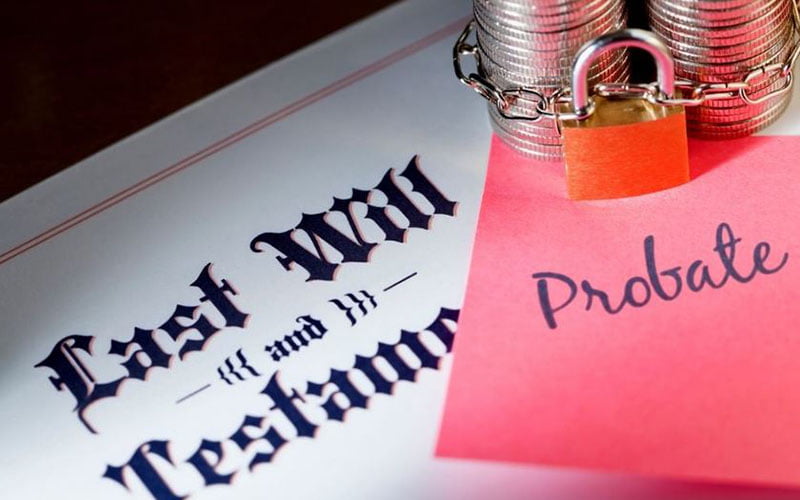
Probate is the legal process that takes place after a person passes away, during which their assets are distributed, debts are settled, and their final wishes are carried out. How long do you have to file probate after death, may arise the real question if you’re dealing with the loss of a loved one, you may be wondering about the timelines involved in filing probate after their death. In this article, we’ll explore the essential aspects of probate and provide guidance on the time-frame for initiating the probate process.
Losing a loved one is a difficult and emotional experience, and dealing with their estate can add further complexities during this challenging time. Understanding the probate process, including the time constraints involved, can help you navigate the legal aspects more efficiently and effectively.
Probate is a legal process that ensures the deceased person’s assets are distributed according to their wishes or state laws if no will exists. It involves proving the validity of the will, identifying the deceased person’s property, paying off outstanding debts and taxes, and distributing the remaining assets to the beneficiaries.
The probate process is typically initiated by the executor named in the deceased person’s will. If no executor is named or willing to serve, the court will appoint an administrator. The executor or administrator is responsible for gathering all relevant documents, filing the necessary paperwork with the court, and ensuring the estate’s assets are managed and distributed correctly.
The timeframe for filing probate after a person’s death varies depending on the jurisdiction and the complexity of the estate. In general, probate should be initiated within a few months of the individual’s passing. However, specific deadlines may exist, so it’s crucial to consult the laws of the relevant jurisdiction or seek legal advice to ensure compliance.
Several factors can affect the length of the probate process. These include the size and complexity of the estate, the number of beneficiaries involved, potential disputes or challenges to the will, and the efficiency of the executor or administrator. Additionally, court schedules, document requirements, and the need for asset valuations can also impact the timeline.
Delaying the probate process can have consequences, including potential financial loss for the estate and increased stress for the beneficiaries. It may lead to missed deadlines for filing tax returns, accumulating interest on debts, or even losing the opportunity to claim certain assets. To avoid such complications, it’s advisable to initiate probate as soon as reasonably possible.
Navigating the probate process can be complex, particularly during an already challenging time of grief. Consulting with an experienced probate attorney can provide invaluable guidance and support. A legal professional can help ensure all necessary documents are filed correctly, deadlines are met, and the estate’s assets are managed in compliance with applicable laws.
In conclusion to how long do you have to file probate after death, the timeline for filing probate after a person’s death may varies depending on several factors, including jurisdiction and the complexity of the estate. It’s important to initiate the probate process within a reasonable timeframe to avoid potential complications. Seeking legal assistance from a probate attorney can help streamline the process and provide peace of mind during this difficult period.
A1: There is no universal deadline for filing probate, it’s generally recommended to initiate the process within a few months of the individual’s passing. However, specific jurisdictions may have their own timelines and requirements.
A2: It’s possible to handle the probate process without legal assistance, but it can be complex and time-consuming. Hiring a probate attorney can provide expertise and ensure compliance with applicable laws.
A3: Failing to initiate probate within a reasonable timeframe can lead to complications. Few of them are financial loss for the estate, missed deadlines for tax filings, and potential disputes among beneficiaries.
A4: In some cases, certain assets may bypass probate through mechanisms like joint tenancy, living trusts, or beneficiary designations. Consulting with an estate planning professional can provide insights into these alternatives.
A5: The duration of the probate process varies depending on several factors, including the complexity of the estate and any potential disputes. It can range from several months to multiple years.
Please note that this article “How Long Do You Have to File Probate After Death” is for informational purposes only and should not be considered legal advice. If you require assistance with the probate process, consult with a qualified legal professional in your jurisdiction.
Recommended other topics: Moral Support to Overcome Challenges










© InfoDoot. All Rights Reserved.